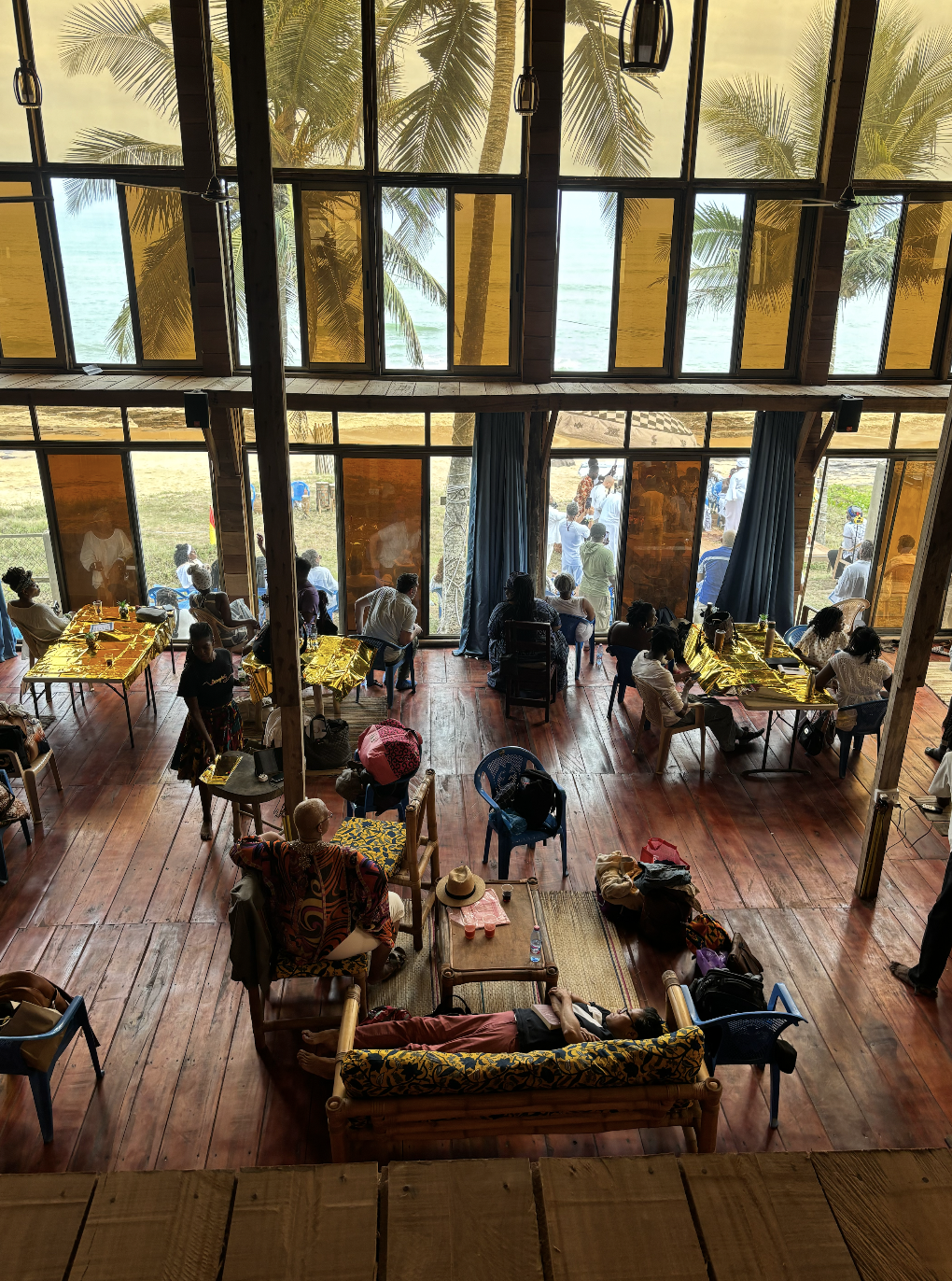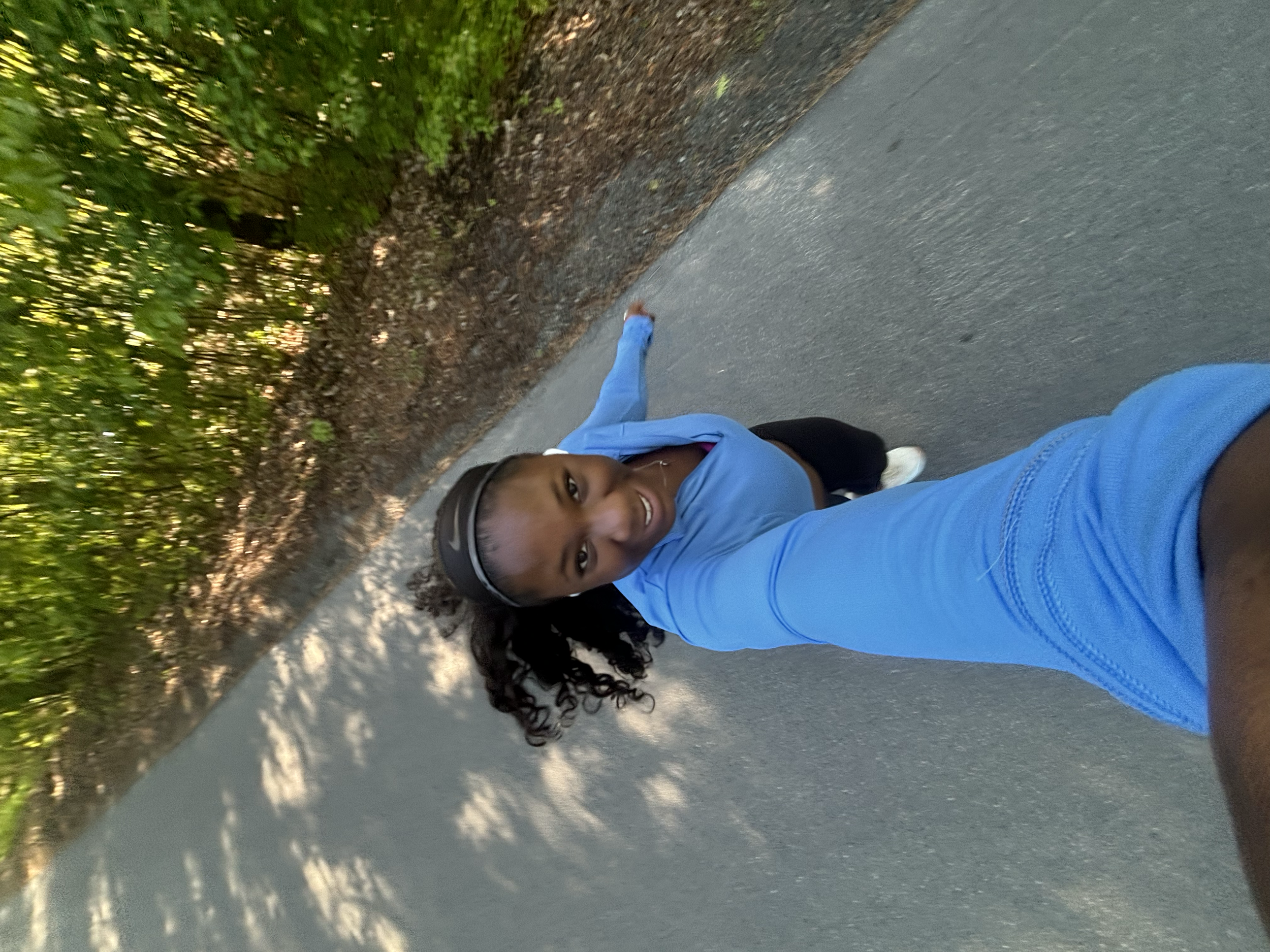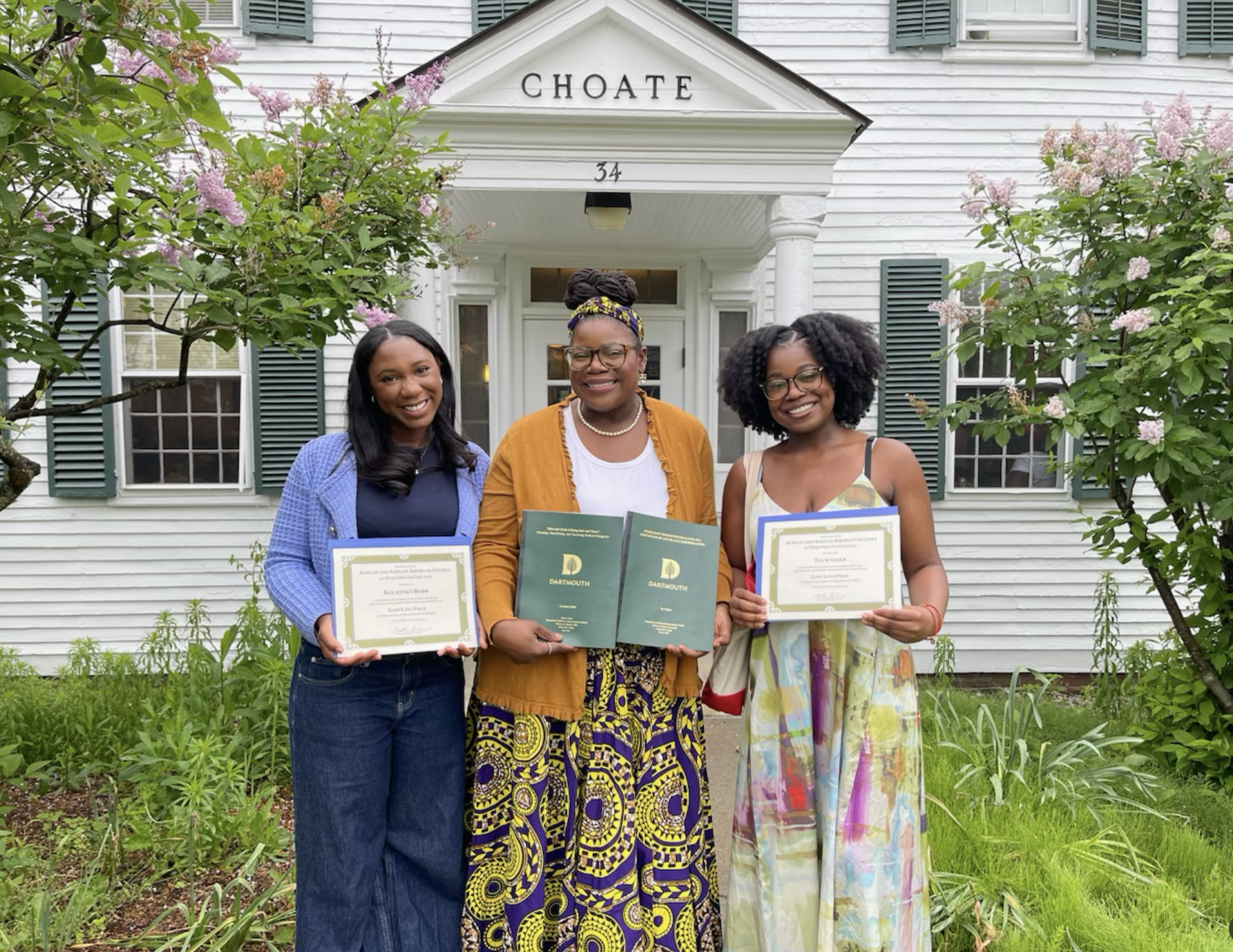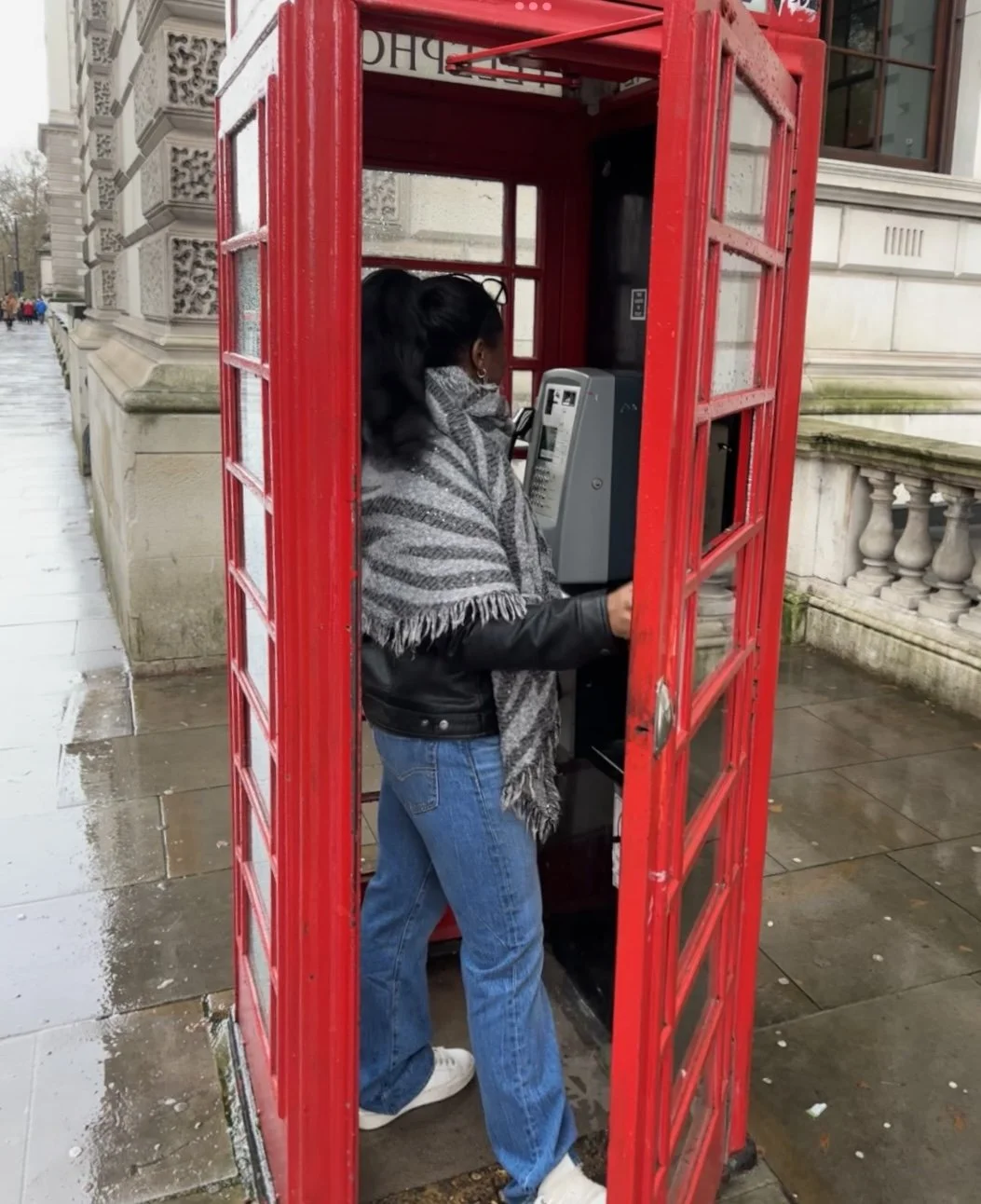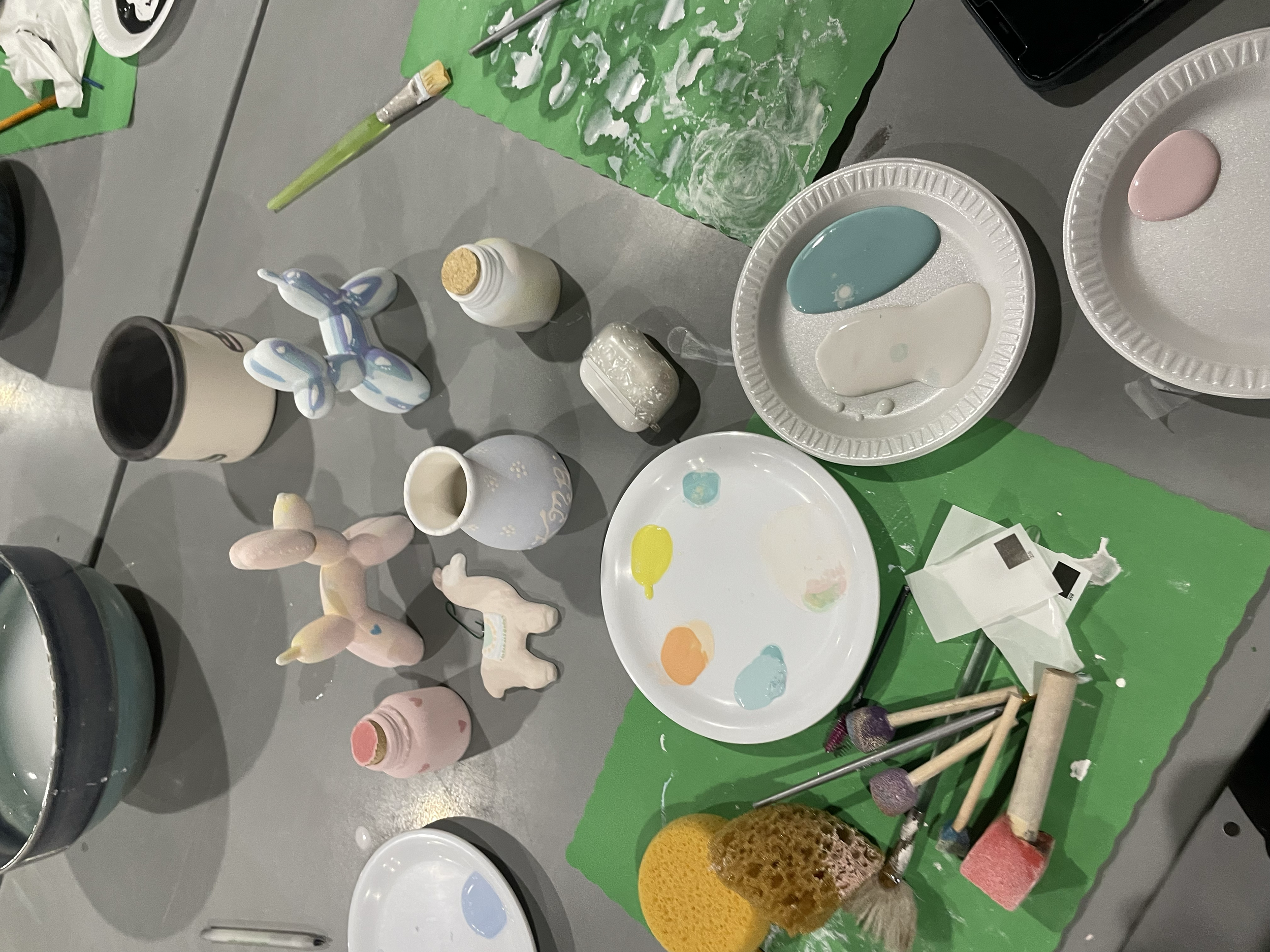About Me
I’m an action-driven leader who loves seeing my goals and ideas come to life. As a varsity athlete, extrovert, and devoted friend in my community, I thrive on collaboration and being part of something greater than myself. At Dartmouth, I earned an A.B. in African and African American Studies with High Honors, alongside a minor in Chemistry. These experiences have sharpened my qualitative skills, empowering me to lead, work effectively across diverse teams, communicate clearly with varied audiences, and adapt fluidly to a changing world.
Kourtney Elise Bobb
My Research
Through research, I’ve deepened my passion for advocacy and meaningful change. I’m particularly drawn to a career in public health where I can make a direct impact on the lives of those in my community. I firmly believe in the power of access, advocacy, and community to transform lives. Currently, as an MPH candidate at Dartmouth’s Geisel School of Medicine and a Finance & Operations Management Associate at New York State’s largest integrated healthcare provider, I am dedicated to transforming public health systems into spaces of liberation—especially for Black women and girls.
My journey has been shaped by service, leadership, and love—from serving as President of Dartmouth’s Afro-American Society, to being an Eichler ’57 Fellow, to holding leadership roles at every level in Delta Sigma Theta Sorority, Inc. I am committed to cutting-edge research at the intersection of healthcare, policy, and equity, grounded in justice, empathy, and excellence.
My research on Black women’s health, framed through the lens of the historical and contemporary Black liberation movement, introduces the radical theoretical intervention of medical misogynoir and calls on us to build a more loving, empathetic, and just world. This website is another avenue to share my work and make a positive contribution to Black women’s health and well-being. Here, you’ll learn about who I am, what I love, what I’m eager to explore, and find empowering resources for Black women and changemakers across every facet of health and wellness.
Let’s build something powerful—together.
"Sick and Tired of Being Sick and Tired” Situating, Historicizing and Theorizing Medical Misogynoir”
-
Medical Misogynoir is a shadow concept in scholarly literature. While the term has been slightly engaged with by a few scholars across fields, it has not been properly historicized, theorized, or politicized. This thesis project begins to rectify this by drawing on African American Studies, Black Feminism & Intersectionality, Sociology, and Public Health literatures. I name the primary components of Black women's experience with Medical Misogynoir 1) Captive Maternal, 2) Embodied Misogynoir, 3) Healthcare Hurdles, and 4) Black Liberation to ultimately demonstrate that Black liberation cannot be fully realized without prioritizing Black women's health. This new framework— Medical Misogynoir— offers a systemic analysis to bridge gaps in existing scholarship on how Black women’s substandard experiences in medical and health spaces mirror their subjugation in society, contributing to both academic theory and practical healthcare reform. The question that guided this research was: How would centering Black women’s health impact the overall Black liberation movement? Methodologically, I conducted a qualitative content analysis after completing a systematic literature review. Together, these brought about three primary findings. 1) Medical Misogynoir can takes many forms and occurs at different locations of the medical-industrial complex, 2) Experiences in Medical Misogynoir have multi-dimensional temporalities existing in the past, present, and future, and 3) Unless the cycle is interrupted and the system is disrupted, history will continue to repeat itself with regard to Black women’s health. These findings suggest that the negative experiences many Black women have related to their health and well-being is extraordinarily complex and in need of a systemic resolve that is considerate of the past, present, and future. Moreover, these findings are important because they have implications at all levels of society including the individual, community, and institutional levels. Scholarly conversations in Black liberation studies, intersectionality, and feminist health-sciences are expanded as a result of this research because it calls them to center the health and well-being of Black women in the current and future iterations of liberation movements and all parts of a society, in a way that has never been done before.
-
Dedication
Acknowledgments
Table of Contents
Introduction
Chapter 1: Background: Key Concepts of Black Womanhood
Chapter 2: Medicine & Misogynoir: A Conceptual Framework
Chapter 3: A Systematic Approach to Medical Misogynoir
Chapter 4: The Captive Maternal: From the Mammy to Other Mothering
Chapter 5: Embodied Misogynoir: The Black Body Keeps the Score
Chapter 6: Healthcare Hurdles: Multiply Marginalized In/Beyond Medical Institutions
Chapter 7: Black Liberation: Moving Beyond Medical Misogynoir
Conclusion
-
Figure 1: Primary Findings
Figure 2: Systematic Medical Misogynoir
“Dedicating themselves to nurturing others and striving to uplift and improve the world around them, Black women are the backbone of the Black community. They embody resilience, compassion, and selflessness in every part of their daily lives. Despite this, intergenerational commitment to caretaking comes at a cost – a normalized burden of stress that takes a toll on Black women’s health and well-being. This burden manifests in elevated rates of disease incidence, exacerbated by limited time and resources available to prioritize their own needs amidst their caregiving responsibilities.
When Black women do seek healthcare, they must encounter a system rife with biases and inequities. The systemic barriers they face lead to substandard delivery of care, often characterized by misdiagnoses, dismissal of concerns, and treatments that fail to account for their unique experiences and needs. For Black women, the intersection of race and health is undeniable – their health outcomes are directly influenced by their race (and gender) and their race (and gender) directly impacts their health outcomes.
This project seeks to explore the profound impact of healthcare disparities on the lives of Black women and to argue that the pursuit of equitable healthcare is not merely a quest for justice, but an act of liberation in itself. Most importantly, it seeks to shift the narrative from one of victimhood to one of empowerment by recognizing the agency and resilience inherent in Black women's experiences. Rather than dwelling solely on the challenges they face, this project will celebrate the contributions of Black women to their communities and draw attention to efforts already being made to help Black women prioritize their health.
This study draws upon a hybrid analytic approach consisting of Qualitative Content Analysis (QCA) and Systematic Literature Review (SLR) methodologies, to contextualize the experiences of Black women in healthcare and medicine within a broader historical and societal context. This project builds a theoretical framework that I refer to as Medical Misogynoir, which identifies the systematic ways in which Black women are marginalized in medical spaces and illuminates the pathways to liberation and empowerment for Black women, specifically in the realm of healthcare. By investigating the historical burden of caregiving, as well as the mutually-constitutive relationship between healthcare and liberation for communities of color, the central argument of this project is: Centering the health and well-being of Black women is integral to the success of today’s Black Liberation movement as Black liberation cannot be fully realized without prioritizing the health of Black women as part of its political agenda. This project reveals the social conditions that contribute to Black women’s adverse health outcomes and calls on institutions and policymakers to dismantle the systemic barriers that impede their physical, emotional, and spiritual well-being by investing in solutions that honor their resilience, agency, and humanity.”
— Kourtney Bobb
These are a few of my favorite things…
From hot girl hikes and long solo runs to pausing to smell the “roses” while I travel — these are a few of my favorite things. Whether it’s quality time with family and friends or chasing endorphins outdoors, these moments make me feel like my happiest, healthiest self. They remind me that joy is wellness, and that rest, movement, and connection are forms of care too.
